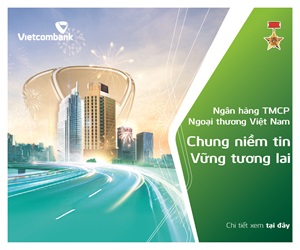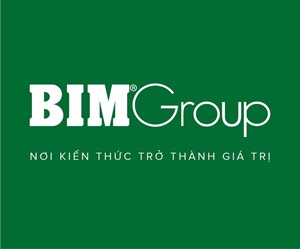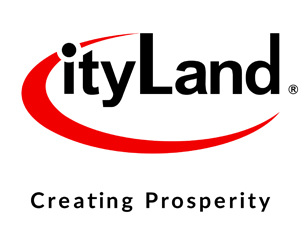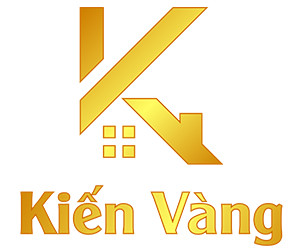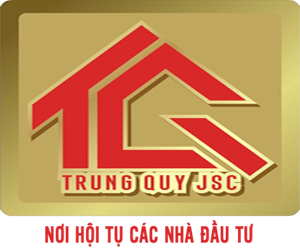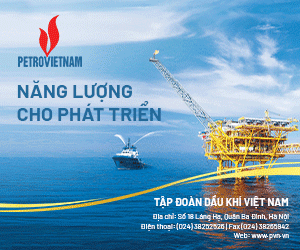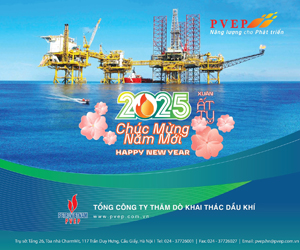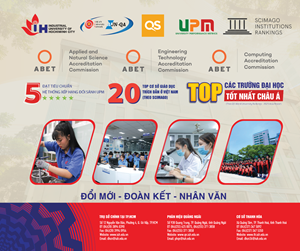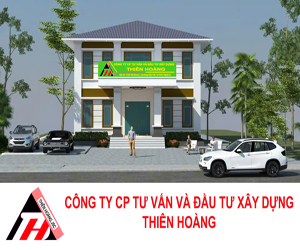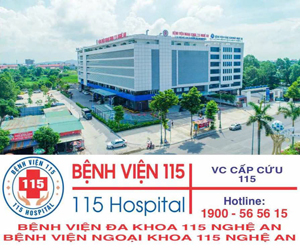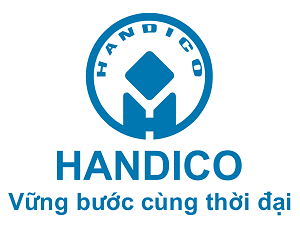(Construction) - East Japan Railway Company (JR East) has announced that Takanawa Gateway City, its large-scale development project in Minato Ward, Tokyo, will officially open on March 27, 2025.
Designed to provide a testing ground for advanced technologies and innovation, the developer will welcome startups and pioneering companies, enabling them to use the entire urban area for technology development and proof-of-concept trials. With the theme of a “experimental site to create enriching lives for the next 100 years,” Takanawa Gateway City aims to drive broad technological advancements across industries and invigorate the Japanese economy.
In a press conference held on October 30 in Tokyo, JR East President Yoichi Kise expressed his vision for the project: “We aspire to create a new platform for innovation by harnessing the ideas, services, and expertise of various co-creation partners. Through these collaborations, we aim to develop and refine solutions for a better future, which will then be shared across Japan and the world.”
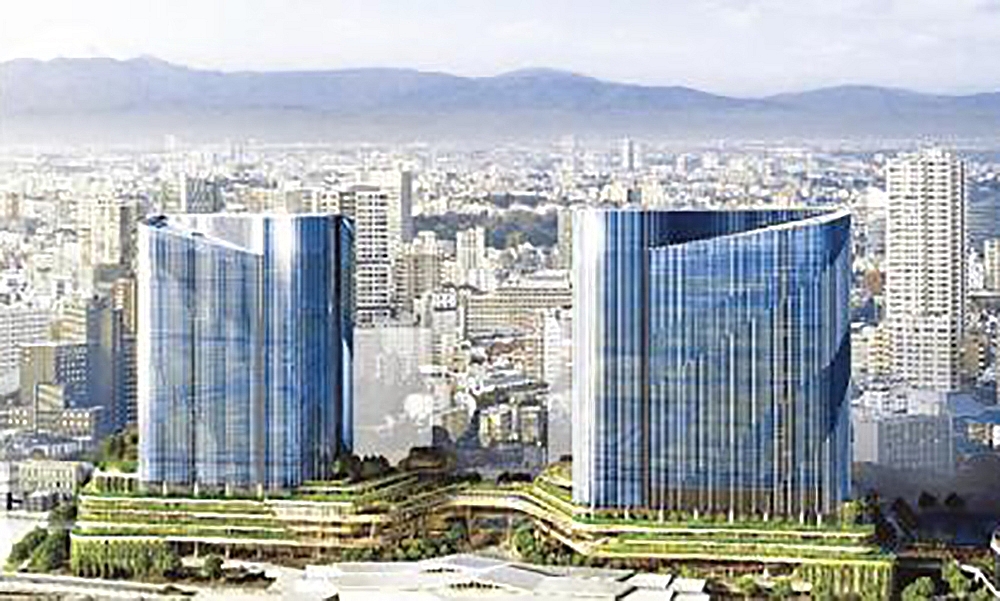 |
| JR East to open Takanawa Gateway City in march 2025 as a hub for advanced technology and innovation |
The development site covering approximately 74,000 square meters, lies on the west side of Takanawa Gateway Station on the JR Yamanote Line. The area is organized into a series of structures stretching north to south, including a residential building, a cultural innovation building, and two interconnected multipurpose towers named as THE LINKPILLAR1 and THE LINKPILLAR2. THE LINKPILLAR1, a two-building complex, is set to open in April 2025, with the remaining facilities scheduled for completion in spring 2026.
The city will also serve as an incubation hub for over 100 startups, partnering with research institutions like the University of Tokyo to promote business creation. Additionally, JR East plans to establish a fund of up to 5 billion yen to support the commercialization of these technologies, facilitating financial backing for their integration into society.
Anticipated technological trials include robot- and drone-based deliveries, next-generation mobility, and hydrogen energy applications. By using the entire city as a testing environment, JR East aims to accumulate valuable insights that can be extended both domestically and internationally. (2024/10/31)
The Daily Engineering and Construction News of Japan
Theo























